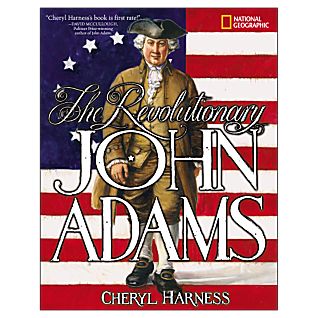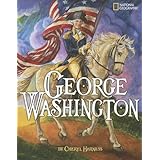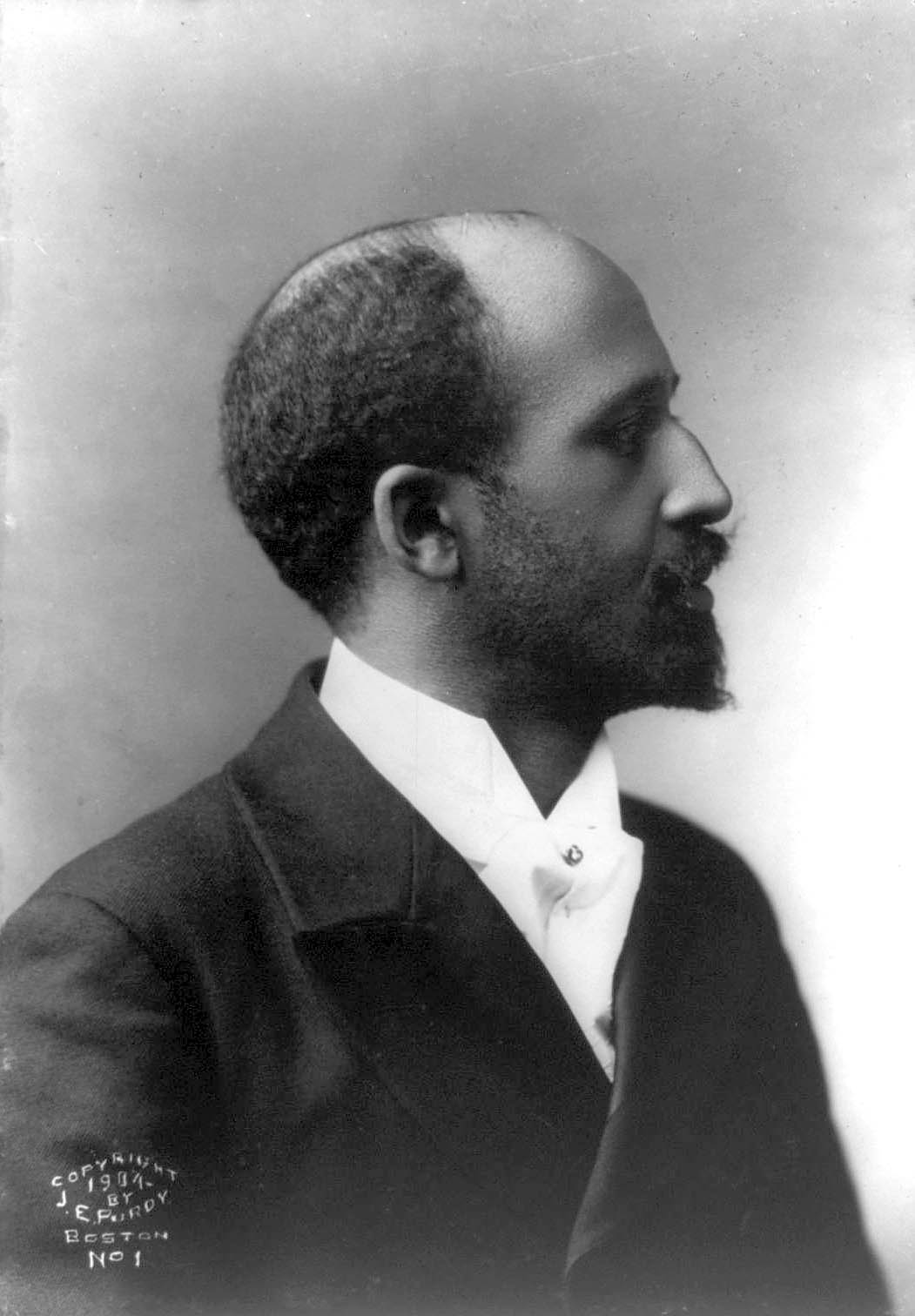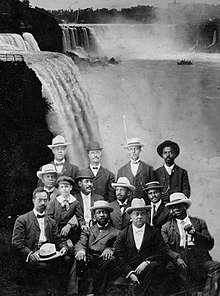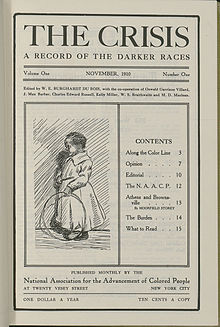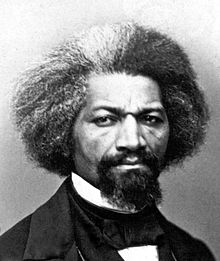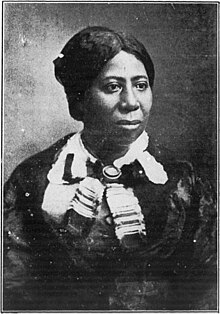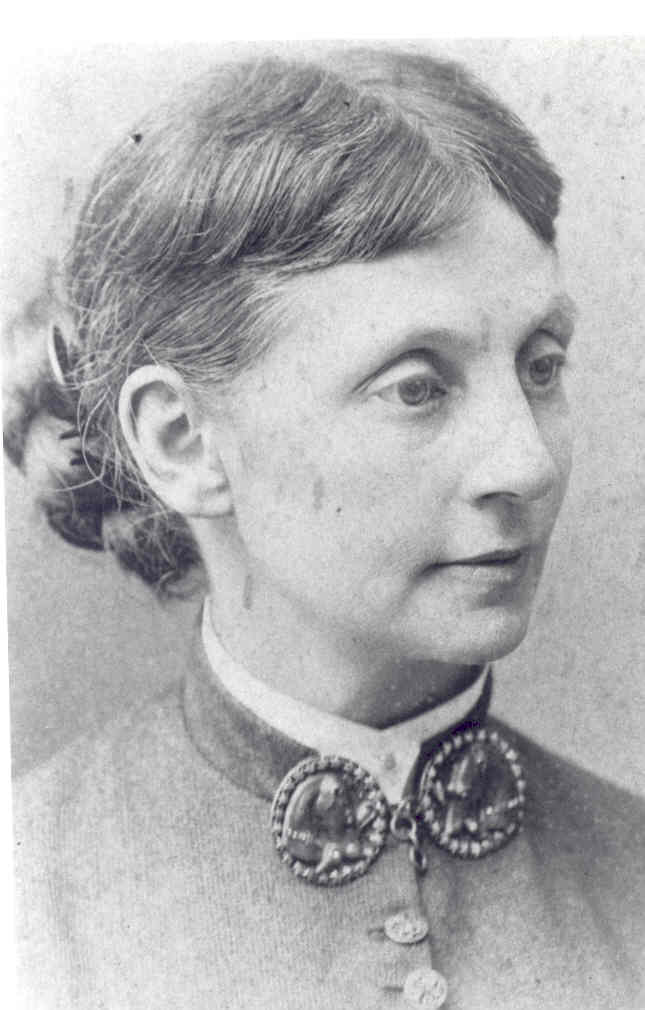 |
| This was Gerald R."Jerry" Ford's high school graduation picture, taken in Grand Rapids, Michigan, 43 years before he'd become U.S. President No. 38. Wasn't he dreamy? |
"The Constitution is the bedrock of all our freedoms; guard and cherish it; keep honor and order in your own house; and the republic will endure." Gerald R. Ford (July 14, 1913 ~ Dec. 26, 2006)
So, it happens that a decent man and one of our nation's presidents came into the world one hundred years ago today. Baby Leslie Lynch King Jr. was born in Omaha, Nebraska, little knowing that he'd later be named after Gerald R. Ford, the man baby Leslie's mom married a few years later, having escaped her abusive husband, bless her heart and courage. Much less that a disgraced president would peg him for the vacated VP spot after Spiro Agnew's downfall. Or that he'd have to step into the Big Job himself, after Richard Nixon's own disgrace and downfall?
Or did baby Jerry know, as all babies do ever so much more than they can articulate by way of their fresh, immature mechanisms? Earlier this evening I read a short story by Muriel Spark that got me to thinking. In it she writes, "...babies, in their waking hours, know everything that is going on everywhere in the world...." I had considered that babies come into the world, still perfectly aware of the language spoken in Heaven or whatever realm they've just left. Unable to speak it. Forgotten it by the time they can form words.
Anyway, the day poor, valiant Mrs. King's baby was born, I'd be willing to bet that grand parades were going on in Paris, being as it was Bastille Day.
Being as it was the 124th anniversary of the day when crowds of outraged Parisians, fed up with the sordid chasm between haves and have nots and their heedless, corrupt government, launched the uncivil uprising that sparked the French Revolution. The 28th U.S. President was newly inaugurated and things were tough and rowdy in the Balkans. And of course the troubles there and many an elsewhere were laying the groundwork for the assassination in Sarajevo less than a year later that'd spark the great and terrible war, thanks to gaggles of bullheaded diplomats and jealous, pissy monarchs, unwilling to compromise their nationalistic, i.e. partisan views. That'd lead to another war even worse, even more deadly. In 1942, young Jerry Ford of Michigan signed up to serve in it, in the U.S. Navy.
Gerald Ford didn't run for the presidency. Scandalous twists of fate and a Constitutional crisis plopped him into it, but he stood up the job with decency, even going so far as to get himself in some serious soup by pardoning his tormented, resentful predecessor, wiping out the legal trouble Nixon had gotten himself into with all his conniving. And why? For the sake of national healing, as Ford saw it. For the common good - what a concept.




